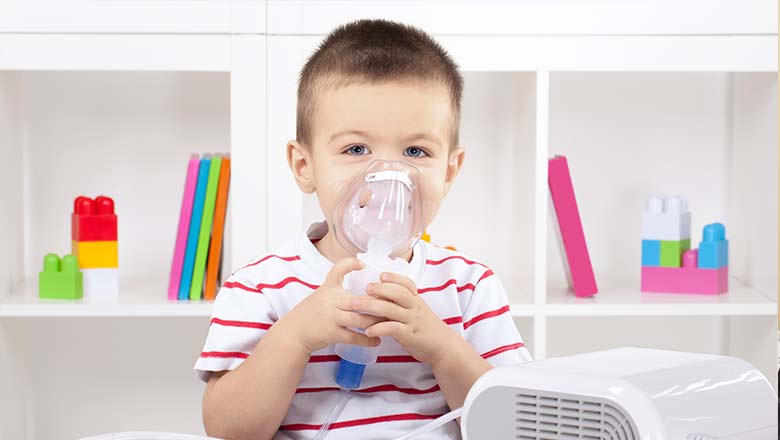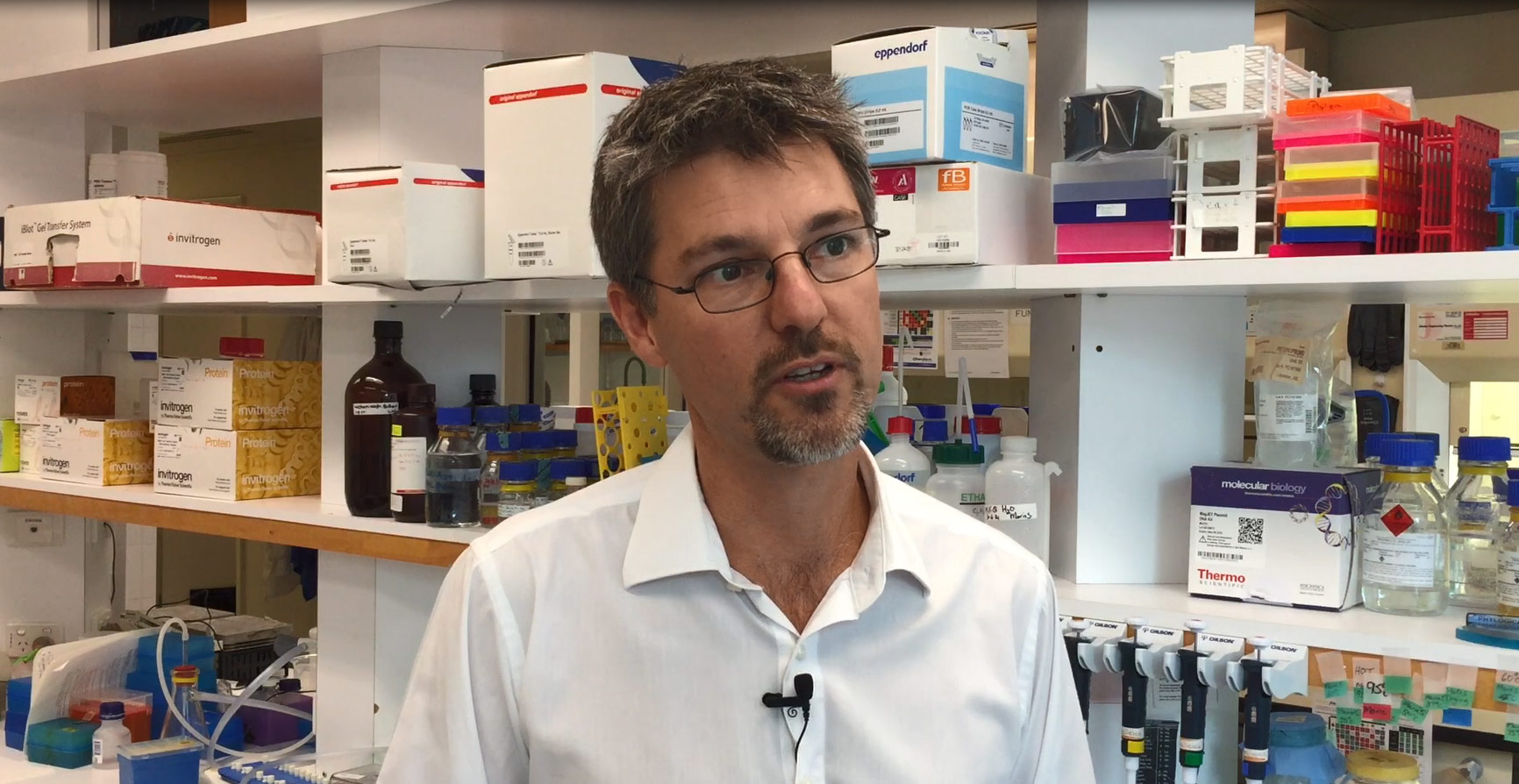Search
Showing results for "early lung health"

Research
Finding the cellular explanation for recurrent asthma exacerbationsThis study is designed to identify the specific unique immune cell response that occurs in these children with recurrent disease.
Research
Maternal Serum Vitamin D Levels During Pregnancy and Offspring Neurocognitive DevelopmentNew research links poor language to lack of Vitamin D in womb.

News & Events
National Asthma Week: 10 things you need to know about asthmaAsthma affects about half a million Australian children and is one of the most common reasons why kids need to see a doctor or go to emergency.
Research
Low serum 25-hydroxyvitamin D concentrations associate with non-alcoholic fatty liver disease in adolescents independent of adiposityThis paper examined the link between low serum Vitamin D levels and development of non-alcoholic fatty liver disease (NAFLD) in adolescents between 14 and 17...
Research
Pneumococcal conjugate vaccination at birth in a high-risk setting: No evidence for neonatal T-cell toleranceConcerns about the risk of inducing immune deviation-associated "neonatal tolerance" as described in mice have restricted the widespread adoption...
Research
Maternal Vitamin D Levels and the Autism Phenotype Among OffspringWe tested whether maternal vitamin D insufficiency during pregnancy is related to the autism phenotype.
Research
Early aberrant antibody responses of aeroallergen sensitised people to subclinical bacterial infectionEarly aberrant antibody responses, aeroallergen sensitised people, subclinical bacterial infection
Research
Acute viral bronchiolitis in infants and young childrenAnya Deborah Pat Jones Strickland Holt BSc MSc PhD PhD PhD, DSc, FRCPath, FRCPI, FAA Honorary Research Associate Head, Pregnancy and Early Life
Research
Effectiveness of Palivizumab in Preventing RSV Hospitalization in High Risk Children: A Real-World PerspectiveThis review supports the recommended use of palivizumab for reducing RSV-associated hospitalisation rates in premature babies born at gestational age <33 weeks.
Research
Transiently increased IgE responses in infants and pre-schoolers receiving only (DTaP) vaccines compared to those initially receiving at least one dose of DTwP vaccineConfirm the generalised IgE-trophic activity of the DTaP vaccine in pre-schoolers and demonstrate similar (albeit transient) effects in infants
